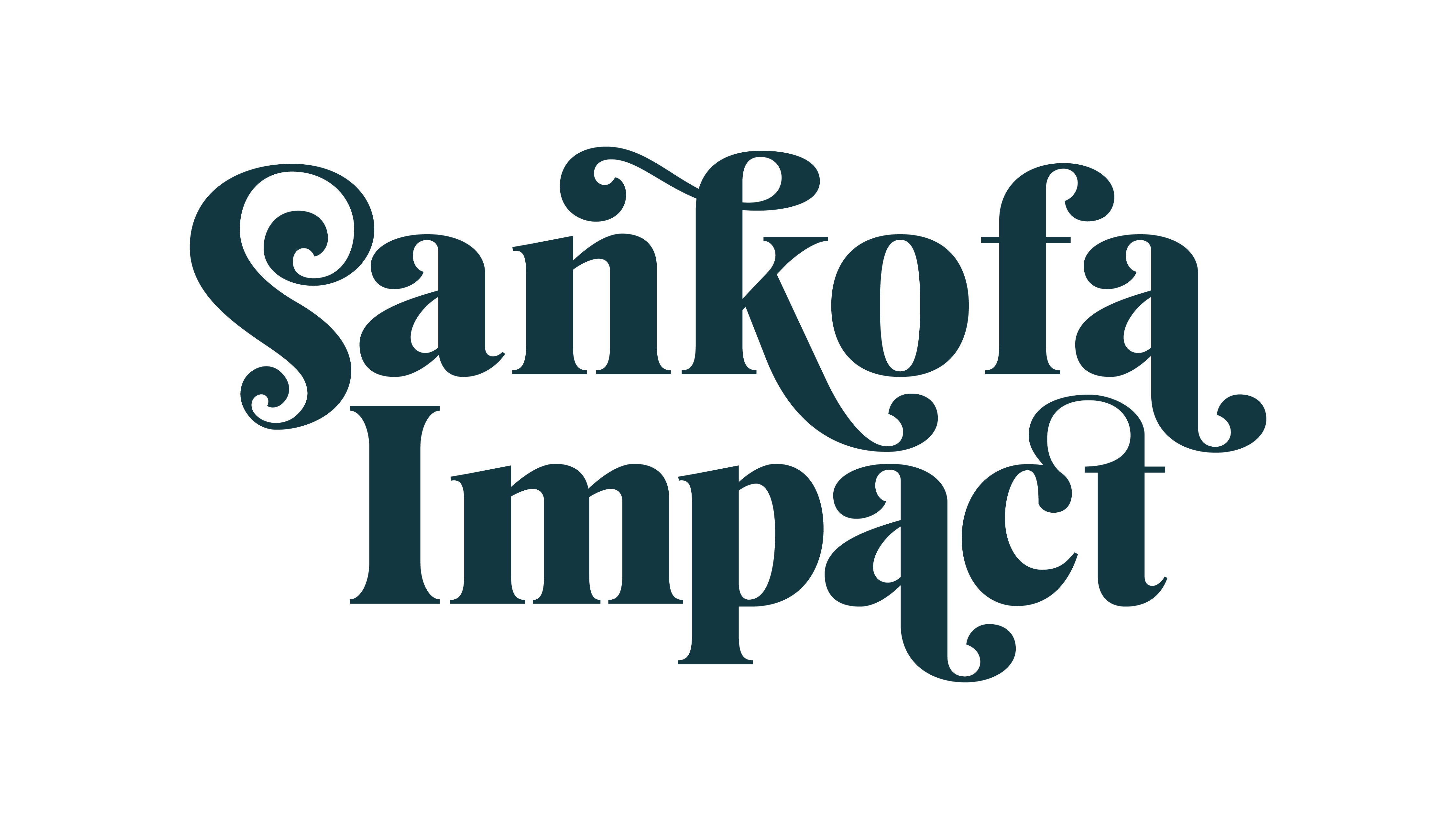Project Pilgrimage is such an incredible program largely because of its organic nature. The program, started just a few short years ago, has had the opportunity to grow in many different directions while staying rooted in our mission. One of our most recent developments has been the creation of our Community Partnerships program.
We have increasingly felt the need to delve into work in the community upon return from our pilgrimages. Our group on the spring 2017 pilgrimage was made up of exceptionally great leaders in the community, people who have dedicated their lives to social justice work before getting on the bus. As part of our
Community Partnerships work we decided to focus on programs and organizations that members of our community are already involved with so we weren’t starting from scratch and so that we could enter the space in the best way possible.
Our first partner organization is one that has played an integral role in my life and the lives of other members of our pilgrimage community. The Labetayah Youth Home is a transitional housing program for homeless youth ages 18-24 and was the first place that I lived when I moved to Seattle from the Lummi reservation. Local Native American activist and member of the American Indian Movement Bernie Whitebear started the home in 1983 after noticing the disproportionate number of homeless Native youth there were on Seattle’s streets. The home, which is the largest youth housing program in Seattle, has since been open to youth of every demographic but it is still run by the United Indians of All Tribes Foundation and maintains Native American based programming.
Demetrius Morgan, who was an instrumental leader on our pilgrimage and who is also a new member of our leadership team, has worked at the youth home for the past 10 years. He was also a resident there during his time as a homeless youth. Nick McDowell and Johnny Ohta from our pilgrimage also have worked with the home and its residents for years. Labetayah has a special place in all of our hearts and it seemed like the perfect place to begin our work.
Two years ago a local gardener inquiring about the 100 square foot front yard that was covered in dying grass approached the home to ask about starting a small garden. The entire space, and then some along the sidewalk, has been transformed into a massive edible garden. The food collected, which has totaled over one hundred of pounds last year, is used for cooking in the home and is donated to local food banks. The garden is still entirely volunteer run so Project Pilgrimage decided to put on our garden gloves and go lend a hand.
Before our first day members who attended were briefed on the history of the home and our role in being there. The home is a safe haven for homeless youth and is predominantly young people of color so it was important that we discuss how we show up in that space. Following breakfast and coffee we went outside and got to work.
Day one was dedicated to pulling weeds, lots of weeds. Gardener Fred insisted that there are “no mistakes” in the garden as many of us tried to figure out what was a weed and what wasn’t. Our time kneeled on the ground was a great opportunity to catch up with one another and continuing processing what we’d just experienced on the bus together. Residents from the home came out every once in a while to introduce themselves and thank everyone for their work. The weather couldn’t have been better and freedom that comes from getting in the dirt was upon us. In total we had the opportunity to help garden three Saturdays and put a pretty major dent in the work that needed to be done. However, any good gardener will tel
l you that the work is never done so our contribution was only a small one in light of how many hands and hours it takes to make the Labetayah garden into the amazing space it has become. We were also there early in the season so the fruits of our labor should be just about ready to pick.
Project Community Garden was absolutely a success and it has opened the door to future opportunities for Project Pilgrimage to work closely with an organization that is making a direct impact on some of the most marginalized in our community. Our hope is to continue building a relationship with the organization and the residents it serves as increase our focus on the vital work that needs to be done in our own communities upon return from our pilgrimages. The garden project was an amazing opportunity to fulfill our mission of “bringing together interracial, intergenerational groups to…gain inspiration” and are “committed to building a more just and equitable world.”



